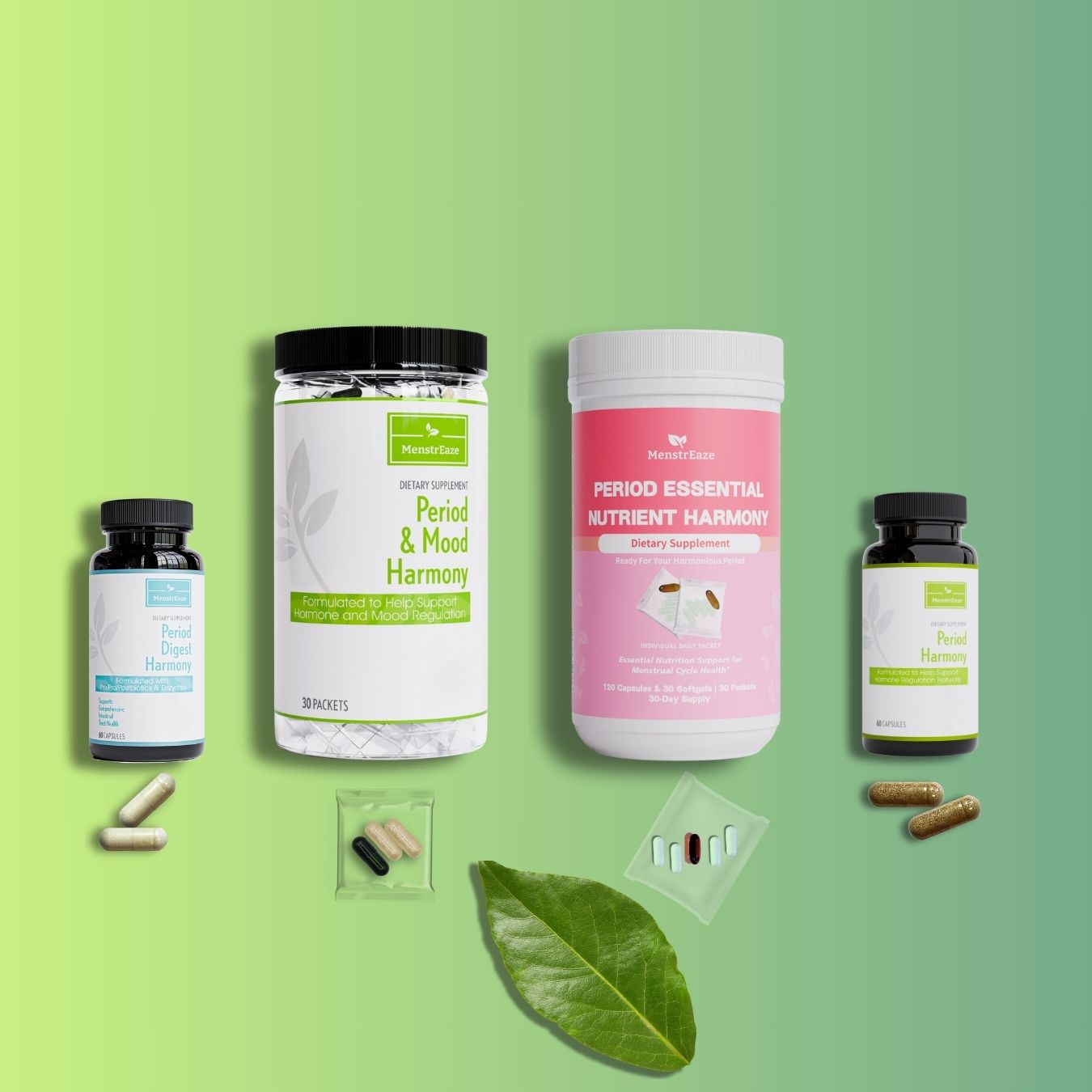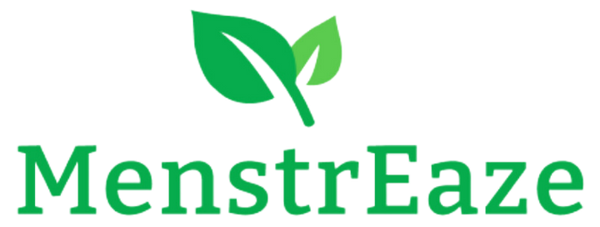What vitamins can I take to increase my estrogen levels?
When discussing the role of vitamins and nutrients in influencing estrogen levels, it's essential to consider that research on this topic is ongoing, and findings may vary. Estrogen is a key hormone in the female body, playing a crucial role in the menstrual cycle and reproductive system, among other functions. Some vitamins and nutrients have been studied for their potential effects on estrogen levels or their ability to mimic estrogenic activity in the body. Here's a summary of vitamins and nutrients that are often mentioned in scientific literature regarding their connection with estrogen levels:
- Vitamin D: Vitamin D has been explored for its role in hormone regulation, including estrogen. It is involved in various bodily functions, including bone health, immune function, and inflammation reduction. Some studies suggest that higher levels of vitamin D might be associated with better estrogen balance, but more research is needed to confirm these findings.
- Phytoestrogens: While not vitamins, phytoestrogens are plant-derived compounds that can mimic the action of estrogen in the body. Foods rich in phytoestrogens include flaxseeds, soy products, and sesame seeds. These compounds bind to estrogen receptors in the body and can exert weak estrogenic effects, which might help in balancing estrogen levels, especially during menopause or in estrogen-deficient conditions.
- B Vitamins: Specifically, B6 and B12 have been studied for their role in hormone regulation and metabolism. B6, for instance, plays a role in modulating estrogen metabolism, potentially influencing estrogen levels. However, direct evidence linking B vitamins to significant changes in estrogen levels is limited, and more research is needed.
- Magnesium: While not a vitamin, magnesium is a crucial mineral that's involved in hundreds of biochemical reactions in the body, including hormone regulation. Some evidence suggests that magnesium could play a role in balancing estrogen levels, but the relationship is complex and not fully understood.
It's important to note that taking vitamins or supplements to influence hormone levels should be done cautiously and under the guidance of a healthcare professional. The impact of vitamins and nutrients on estrogen levels can vary based on individual health conditions, dietary factors, and lifestyle. Additionally, excessive intake of certain vitamins or minerals can have adverse effects.


MenstrEaze® Cloud Lab
MenstrEaze® Cloud Lab is a research engine that summarizes intervention-outcome relationships from millions of clinical trials/RCTs, presenting the findings in a searchable and easily interpretable format for professionals and interested individuals.

Want to Try Natural Relief?
MenstrEaze's featured supplements offer a diverse range of products tailored for women across different age groups. They serve as a foundation for optimal nutrient intake, potentially alleviating pain, stress, hormonal imbalances, mood swings, gut health issues, and other discomforts associated with the menstrual cycle and the transition to menopause.

Explore Health Blogs?
Explore a vast collection of articles designed to empower you with knowledge—from understanding the basics of the menstrual cycle to exploring common wellness support strategies.


